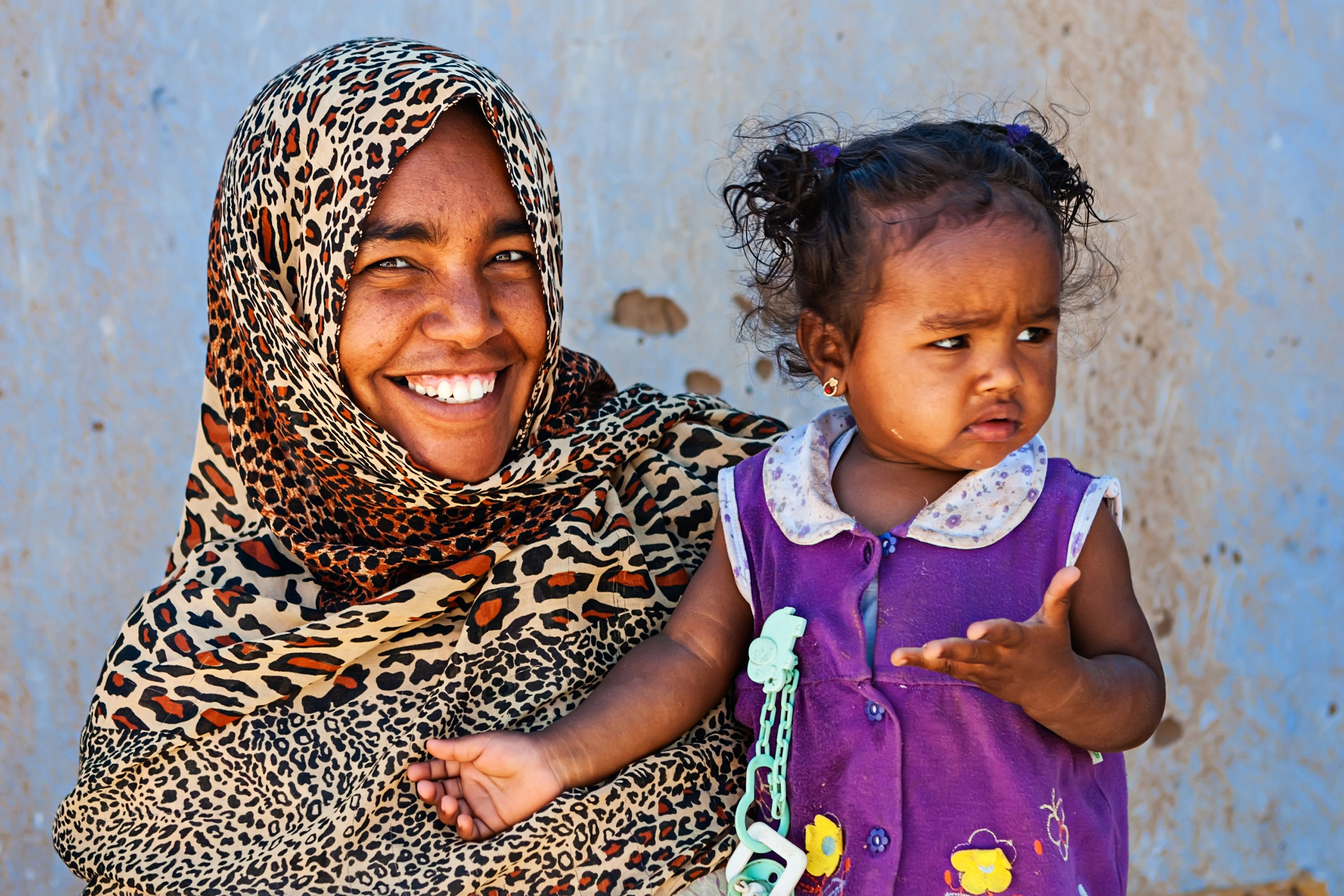Women with young children are doubly challenged by the pandemic. Disproportionately responsible for caregiving, yet faced with the loss of child care options in light of the pandemic and lockdowns, they will face particular difficulties in retaining or gaining work and may face increased stress and pressures within the household. These women are already the target of our upcoming G2LM | LIC project “The Impact of Subsidized Access to Nurseries and Employment Services on Mothers’ Labor Market Outcomes and Child Development in Egypt.” The project proposes data collection on COVID-19 to be added to this already planned work in order to assess the gendered impact of the pandemic as well as policy responses.
Specifically, our plan is to ask a number of questions on the economic and social impacts of the COVID-19 pandemic to (i) mothers, (ii) husbands, and (iii) firms. The research team already has funding for the mother and firm survey and were planning to involve husbands in a single activity designed to measure gender role norms. They are thus asking for extra funding to ensure they can (i) cover the costs related to having a slightly longer survey of mothers and firms, and (ii) administer a short survey to husbands. Including husbands will be key both to better gauge the total economic impact of the pandemic on the household and to assess how the shock is affecting interpersonal relations and the distribution of resources within the household.
Egypt provides a good setting to study the impacts of the pandemic on women with children. By April 28th, there had been 359 confirmed Covid-related deaths in the country, the second-largest number in Africa after Algeria, and more than 5,000 confirmed cases (Our World in Data database, accessed on April 29th). At the same time, the Egyptian government has responded with a robust set of policy measures. On March 30th, the OXcGRT index for Egypt —an international index measuring the strictness of the government response to the pandemic —was 85.45, a figure lower than India or South Africa, but in line with many other lower-middle-income developing countries such as Kenya or Morocco.
This project targets women of reproductive age in rural India and has a particular focus on pre and postnatal care —it thus differs in substantial ways from our project, which is focused on an urban sample of mothers of children aged 0-6. Where possible, the research team will rely on standardized questions to increase the comparability of our findings:
1. For a basic impact on enterprises, workers, and households (e.g. food insecurity) the team will use the standard International Growth Centre questions, developed and standardized in collaboration between the World Bank, J-PAL, and other partners.
2. They will also harmonize questions with a planned IPA/J-PAL which is operating in several countries across the world. In addition to the ILO project operating in several countries in the MENA region.
